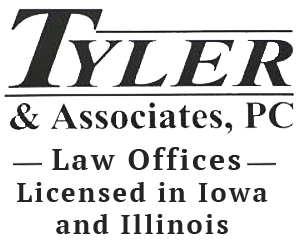Work-related asthma, which is also known as occupational asthma, is not as uncommon as you may believe. In fact, if you develop an exacerbation of asthma or develop asthma due to work-related factors, then you may be entitled to workers’ compensation.
According to the Occupational Safety and Health Administration, work-related asthma is a lung disease that workers may develop or have worsen as a result of the exposure to chemicals and other substances on the job. Common substances that may trigger or worsen asthma include:
- Mold
- Animals
- Plants
- Chemicals
- Dust
Workers who have never had asthma in the past may develop it due to exposure on the job, just as those with asthma may have it worsen due to exposure on the job. Either one of these circumstances can be covered by workers’ compensation.
What is the most common cause of work-related asthma?
Work-related asthma is most often linked to isocyanates, a group of chemicals. They are used in paints, insulation materials, electric cable insulation and so many other places that they’re commonly seen triggering or worsening asthma in workers.
How quickly can work-related asthma occur?
Work-related asthma may occur quickly, such as in a matter of hours or days, or it may develop over time. Even with the right protective equipment, it’s still possible to develop work-related asthma. The symptoms of the illness may continue on even after exposure to the substance stops, which is something that workers have to keep in mind.
If you believe that you have developed work-related asthma, you need to see a doctor as soon as you can. In an emergency, call 911 and let the operator know that you’re having trouble breathing.
What are the signs of an asthma attack?
Common signs of asthma attacks include:
- Trouble speaking
- Wheezing
- Coughing
- Difficulty breathing
- Cyanosis (such as blue lips, fingertips)
- Fainting from a lack of oxygen
Your workplace should have training on handling asthma attacks and other emergencies. If you believe you’ve developed this condition, let your employer know you’d like to seek medical support. This, and other treatment options, should be covered by workers’ compensation.

